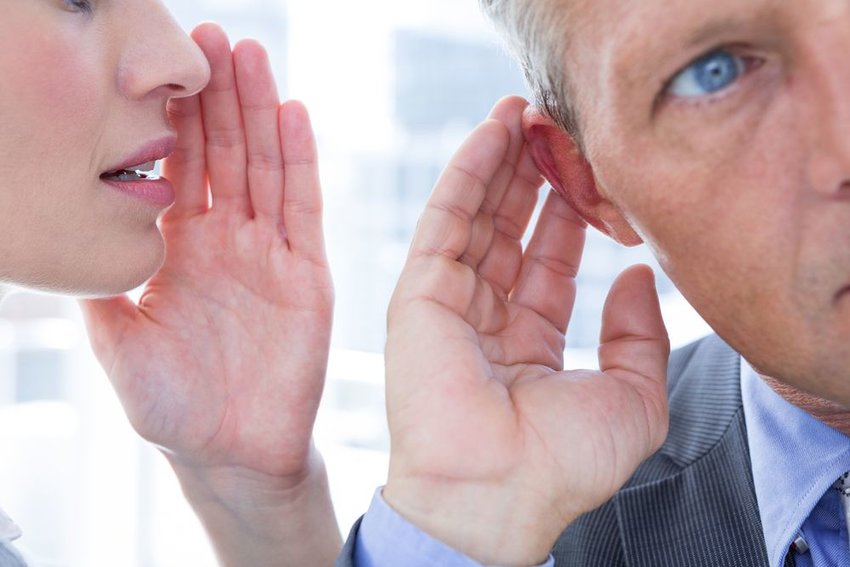Remember back in grammar school when the teacher taught you about the difference between “a” and “an”? They probably said something along the lines of: When you have a word that starts with a vowel, you use “an.” If you have a word that starts with a consonant, you use “a.”
So you have a peacock and an oyster. And you probably followed that for a long time, until you realized that sometimes it doesn’t sound quite right. So how do these indefinite articles really work?
Determining vowel sounds
Your teacher had the right idea, but it just wasn’t complete. Instead of looking for the vowel at the beginning of the word, LISTEN for the pronunciation of a vowel sound. If the word begins with a consonant sound, you use “a.” If a word begins with a vowel sound you use “an.”
You’re probably already following this rule naturally when you speak, but it can get tricky when you’re writing and you can start to question your choices.
University is a good example to start with. You say “I went to a university,” not “I went to an university”. Even though the word starts with a vowel, the first syllable in university is pronounced as “yun,” which makes it a consonant sound.
But if you wanted to talk about needing an umbrella when there’s a forecast of rain, you would pronounce the “uhm” as a vowel sound.
“O” is another good vowel to pay attention to. Sometimes words that begin with the letter “o” have a sound like a consonant “wah” at the beginning. Say it out loud to yourself: “I went down a one-way road” not “an one-way road.” Now try “octopus.” If you say, “I saw an octopus sliding down a one-way road,” you can see both at work. Octopus has an “aw” vowel sound at its beginning.
When a consonant becomes a vowel
Here’s a consonant to consider — “h.” Is it “a history” or “an history?” The key is knowing where the emphasis is placed in the pronunciation. With the word history, the accent is on the “his,” which creates a consonant sound (a HIS-tory).
But with “historic,” the emphasis is on the second syllable, turning this variation into a vowel sound. So we’d say “an hisTORic event.”
The other consideration is if you’re using British English or American English — the two don’t always agree on pronunciation. Herb is a good example. In American English, we say “an herb,” because we don’t pronounce the “h” sound. British English does, and they put “a herb” on their salad.
Watch out for acronyms
What do you do with acronyms and abbreviations? Don’t fret; it’s actually easy-peasy. Just stop and listen to the sounds. If you pronounce a letter, and it begins with a vowel sound, you want to make sure that you use “an.”
Example:
We went to see an NFL game last week.
Get a YMCA membership and work on your fitness goals.
The consonants that have vowel sounds are: f, h, l, m, n, r, s, and x. Can you come up with a fun mnemonic to remember these? No worries — just listen to the pronunciation.

